 By Tyler Micik The General Assembly returned to session this month in a virtual format and a number of bills were introduced that are noteworthy for employers. First, SS1 for SB1, the Healthy Delaware Families Act creates a statewide paid family and medical leave insurance program. This latest version has undergone substantial revisions from the original bill that was introduced last year. Employers with 25 or more employees are required to provide up to 12 weeks of paid parental leave and up to 6 weeks paid medical and family caregiving leave. Employers with 10 or more employees but less than 25 are only required to provide up to 12 weeks of paid parental leave. Under current law, small businesses, those with 50 or fewer employees, are exempt from the 1993 Federal FMLA law. The bill was released from the Senate Health and Social Services Committee yesterday and awaits a full vote in the Senate. You can view a full copy of the legislation here and a short summary here. We continue to work closely with the bill sponsor, our Employer Advocacy Committee, and our members to ensure this proposal is a win for both employers and employees. On February 16, we are co-hosting a webinar with DelMarVa SHRM as an opportunity for businesses to learn more about this proposal. It is free to attend, but we ask that you register in advance here. "I'd like to thank the State Chamber for their efforts in working with the sponsor of the bill Other bills that saw movement:
Bills that were introduced but did not see movement:
The Chamber is looking for feedback from members on how any of these proposals may impact your company or employees. Please direct feedback to me at [email protected]. The General Assembly is in recess through the month of February for Joint Finance Committee meetings.
0 Comments
As part of our Spring 2018 survey, we asked participants to list their top three policy concerns. We posed a similar question in our Fall survey with comparable results. Last survey, 50% of our survey respondents said that the Cost of Health Care was their #2 policy priority. We heard you loud and clear and are addressing this issue by working with partner organizations and stakeholders around the state.
With that question out of the mix in our current survey, members are telling us that Economic Development remains the #1 policy concern. That is followed education/work force development and permitting delays/regulatory issues. by Mark DiMaio
Over 230 State Chamber members took our 10-question survey on Delaware’s economic health and key policy issues. The survey is an important tool in taking the pulse of our membership’s view of the national and local economy as well as level setting their policy priorities. The State of Delaware Division of Revenue is looking to engage taxpayers and tax accountants in an effort to help review the state’s electronic filing options, presentation of these options, and overall ease of access to the systems. The state will be conducting a survey incorporating opinion questions geared at addressing these issues. In addition, the state would like to conduct a focus group with a select number of constituents to further explore the user experience when it comes to the state’s electronic options.
Ideally, the state would like to engage self-preparers and self-filers as they would be the most likely group to utilize all of the state’s first party filing options. The background of these self-preparers/filers does not necessarily need to be limited to any specific subgroup; we are more or less looking for a wide variety of people from diverse business backgrounds. The focus of this exercise will be to review the state’s License Renewal, Online ACH Debit Payment System for Corporate Tentative Tax/Withholding Tax, and Online Gross Receipts Tax System. by James DeChene
Since 2002 Delaware had been ranked #1 in The Institute for Legal Reform’s Harris Poll Lawsuit Climate Survey. This year’s survey finds Delaware dropping to #11. According to the report, “Participants in the survey were comprised of a national sample of 1,321 in-house general counsel, senior litigators or attorneys, and other senior executives at companies with at least $100 million in annual revenue who indicated they: (1) are knowledgeable about litigation matters; and (2) have firsthand, recent litigation experience in each state they evaluate.” While Delaware still scores high in key element categories of scientific and technical evidence, trial judges' competence, quality of appellate review, and enforcing meaningful venue requirements, it fell significantly in Treatment of Class Action Suits and Mass Consolidation Suits (from #1 to #26) and Trial Judges’ Impartiality (down to #15). When I asked about specifics that were factors in Delaware’s drop, I was given a handful of recent court decisions and specific pieces of legislation passed by the General Assembly. From my perspective, no one decision or bill by itself precipitated the drop, instead the reasons for the decline seem to be a shift away from supporting what made Delaware a top corporate legal environment for so long. In fact, even though Delaware scored #1 in 2015, I was given warnings then about a potential slide in rankings if Delaware continued to focus on legislation and issued court decisions that were increasingly plaintiff friendly. I’ve written about these issues before, and seemingly often, which include Delaware’s approach to abandoned property, the fee shifting debate that took place a few years ago resulting in the passage of SB75 that reversed the “loser pays” model of litigation, and the ATP Tours, Inc. v. Deutscher Tennis Bund decision that precipitated SB75. In fact, over the last few years, Delaware’s cache has dropped when reviewed by other organizations as well. For example:
The fact remains that the constant drip of decisions and legislation designed to support plaintiffs over business has led directly to where Delaware is today: a world where South Dakota is ranked as having the top business legal climate, and where Delaware is on the decline according to recent national ratings. One thing remains constant, however. If Delaware continues its current trend, our image will continue to suffer. Delaware relies on the billion dollars in revenue it receives each year from companies choosing to incorporate here. We should be doing what it takes to retain our corporate image if there is to be any realistic expectation of that being the case in the future. by Mark DiMaio
Delaware’s Medicaid enrollment continues to rise. Since 1999, Medicaid enrollment has grown from just under 100,000 to over 230,000. The growth has put a tremendous strain on Delaware’s budget. To combat Medicaid’s growth, it’s imperative that new jobs are created in Delaware. While some job sectors have grown, or at least stabilized, over the last 15 years, Delaware’s manufacturing sector has decreased by 12,000 jobs to 28,000. The decline mirrors much of what has taken place nationally, but over the past six years, Delaware’s manufacturing sector decline has slightly outpaced the national trend. Manufacturing employment can create not only well-paying jobs, but drive employment in the job sectors that service those businesses. Taking steps, like modernizing the Coastal Zone Act (CZA) could attract new business and jobs to Delaware. The State Chamber is working with stakeholders to modernize the CZA and enhance Delaware’s manufacturing climate. Medicaid spending isn’t the only state expenditure growing at a significant clip. In former Governor Markell’s final State of the State address, he points out that the current spending on state employee health care isn't sustainable. According to Governor Markell, Delaware’s cost estimates, with no increase in state or employee retiree contributions, would result in the state facing a deficit of $484 million by 2022. The continued growth in Medicaid spending, combined with a steep increase in employee health care costs, presents Delaware with a substantial problem. More jobs, especially manufacturing jobs, should help decrease the state’s Medicaid population. Bending the cost curve for state employee health care expenditures will require more than negotiations with service provides. Some measure of additional state employee contributions needs to be considered. An increased share of employee health care contributions is already a reality for most Delawareans. by James DeChene
Earlier today (December 15, 2016) United Health Foundation released the 27th America’s Health Rankings Annual Report. As the longest-running annual assessment of the nation’s health on a state-by-state basis, the report showcases positive trends in the health of the nation, as well as concerning upticks in several key indicators. Among the report’s findings:
Also of note, is that Delaware ranks 47th in the number of dentists per capita and 17th in the number of primary care physicians. Recently the debate over DIMER/DIDER funding has reemerged as an important budget issue for the state. DIMER/DIDER reserve slots for Delaware applicants only at Sidney Kimmel Medical College, Philadelphia College of Osteopathic Medicine, and the Maurice H. Kornberg School of Dentistry at Temple. Delaware applicants only compete against other Delaware applicants for admission to reserve slots – not against the universe of applicants. For example, at SKMC, Delawareans have a 1 in 4 chance of being admitted to their reserved slots. The odds for applicants from any other state being admitted are approximately 1 in 40. Please refer to the America’s Health Rankings website for additional information. by James DeChene
In legislation passed last year by the General Assembly, companies conducting business in Delaware via a website will be required to post a privacy policy alerting their customers to the types of data their website may collect, and what the company may do with that data, such as using it for marketing, or storing it for later use (think a credit card number saved on a pizza shop website). During the legislative process, the Chamber worked closely with the Attorney General and members of the General Assembly to pass legislation that would seek to provide the consumer protection the AG wanted, but not cause businesses significant hardship, financial or otherwise, to implement. Currently, comment period for the regulation drafting process has been closed, as of February 1st. The Attorney General’s Consumer Protection Unit has been working with the State Chamber to not only come up with a regulation that is easy to read, but CPU has also pledged to provide free of charge examples of privacy policy statements on their website so that businesses can copy and paste language that will cover them directly onto their website. As those examples are released, the Chamber will provide our membership, through this space, a reminder alert as well as a link to the text. By James DeChene
As previously reported in 2014, the General Assembly passed a bill (HB 295) that created new rules for businesses for how they handle consumer’s personal data (name, social security number, address, credit card info, etc.). Stemming from a news report out of Philadelphia of an identity theft conducted with documentation found in a trash can outside of a business, this bill directed all businesses in Delaware to properly erase or destroy any and all data that falls under this category. The State Chamber worked with the bill sponsor, Rep. Stephanie Bolden, to ease the onus placed on businesses including language involving “reasonable steps” to destroy the data, and also sets the standard for bringing a lawsuit as requiring a “reckless or intentional” violation by the business. Going further in the 148th Session, another bill was introduced (HB 18) that clarified that these provisions only affect those companies that do business in Delaware, not all businesses either registered only here, or those that conduct business with Delawareans, such as a wood carver from Vermont selling to a Delaware resident. |
Archives
July 2024
Categories
All
|
|
Copyright Delaware State Chamber of Commerce, Inc.
All Rights Reserved. PO Box 671 | Wilmington DE 19899 (302) 655-7221 | [email protected] | sitemap |
|

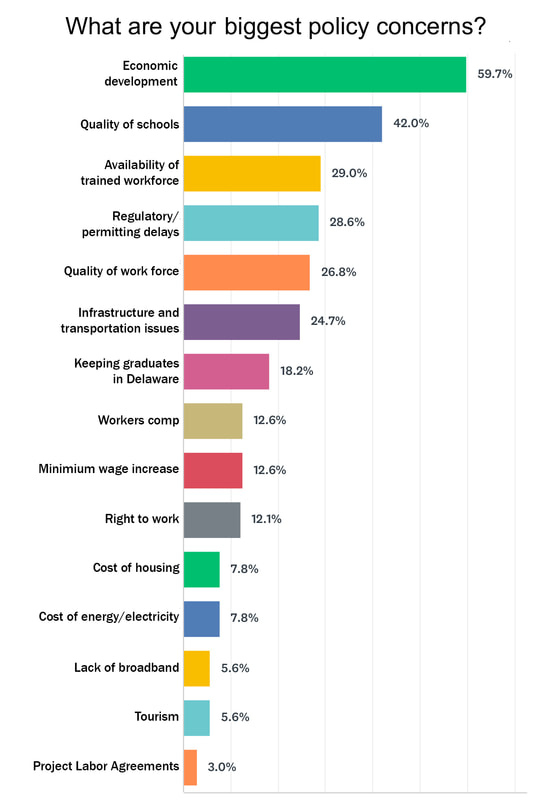
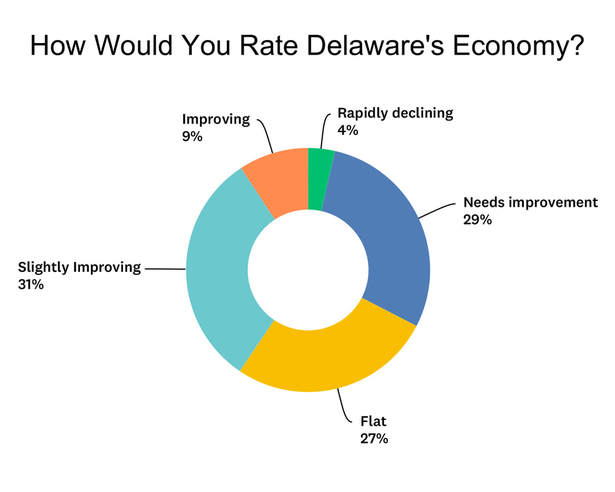
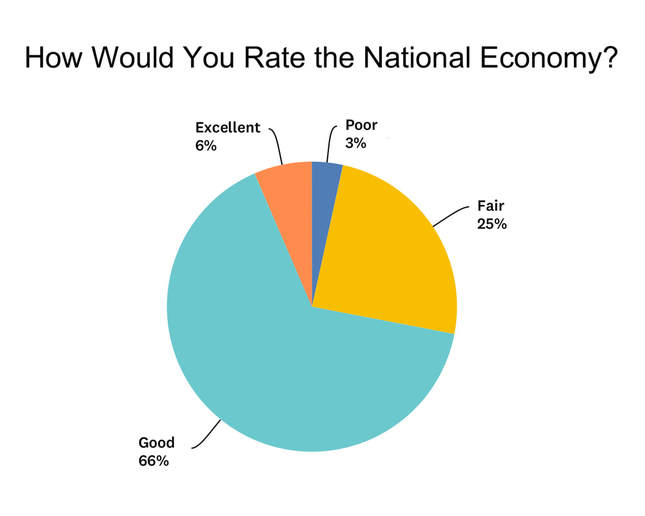
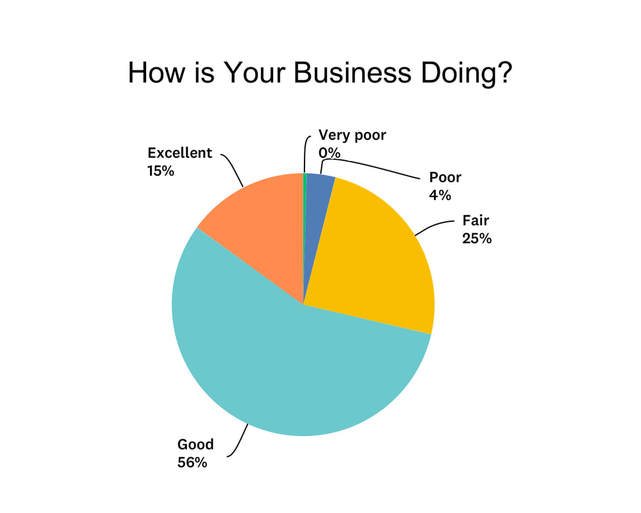
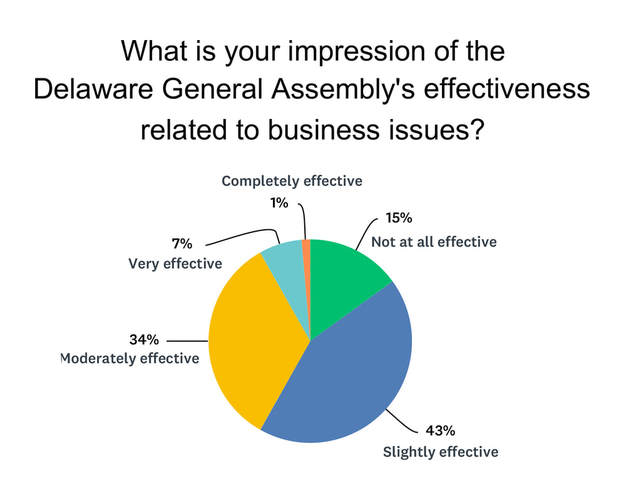
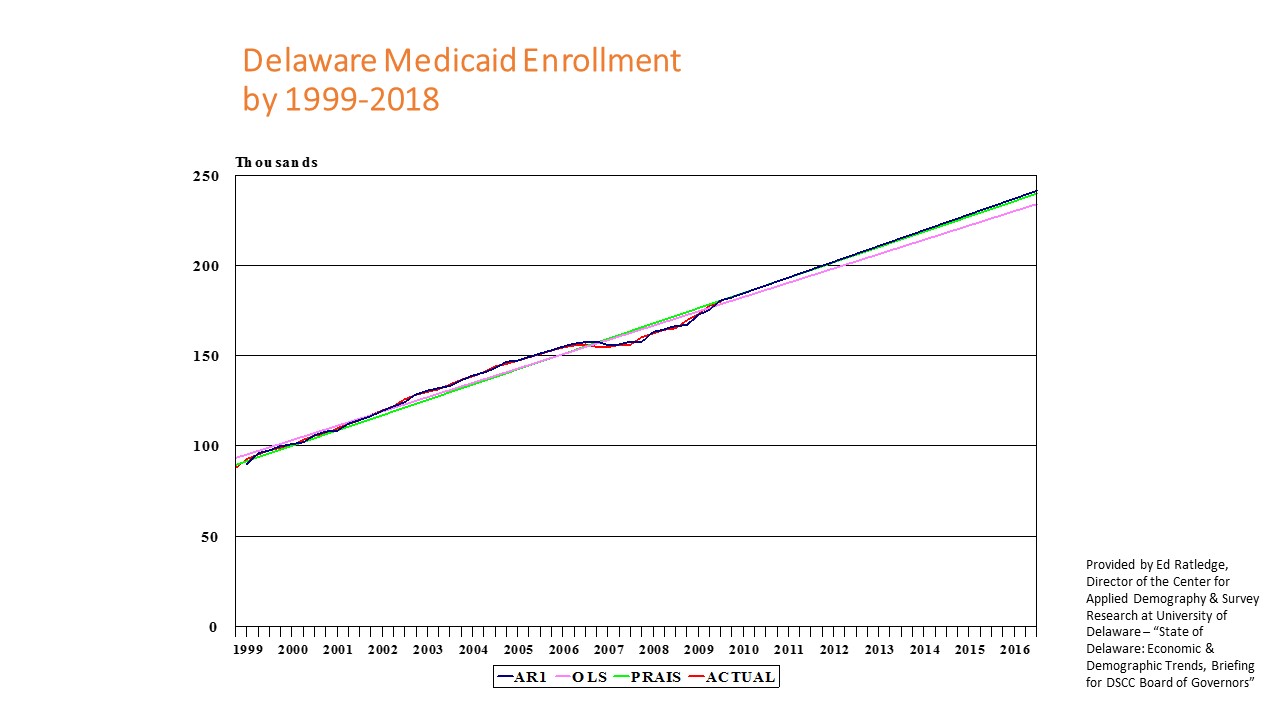
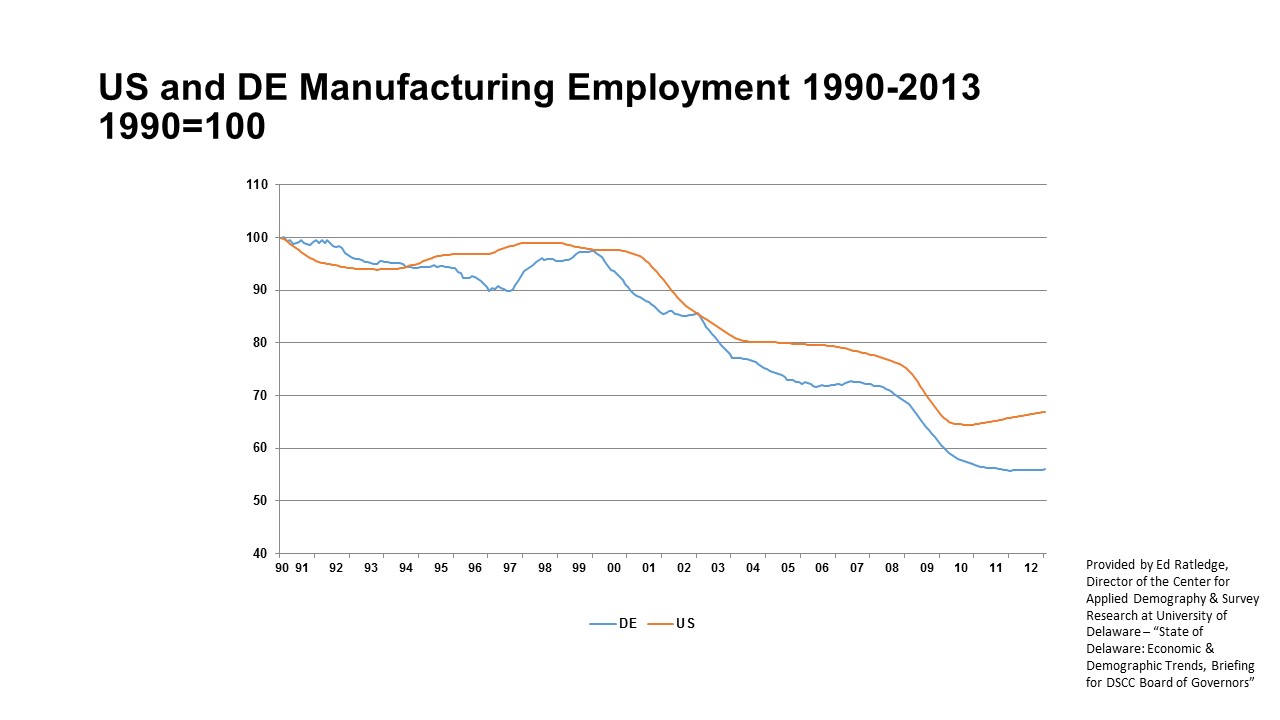
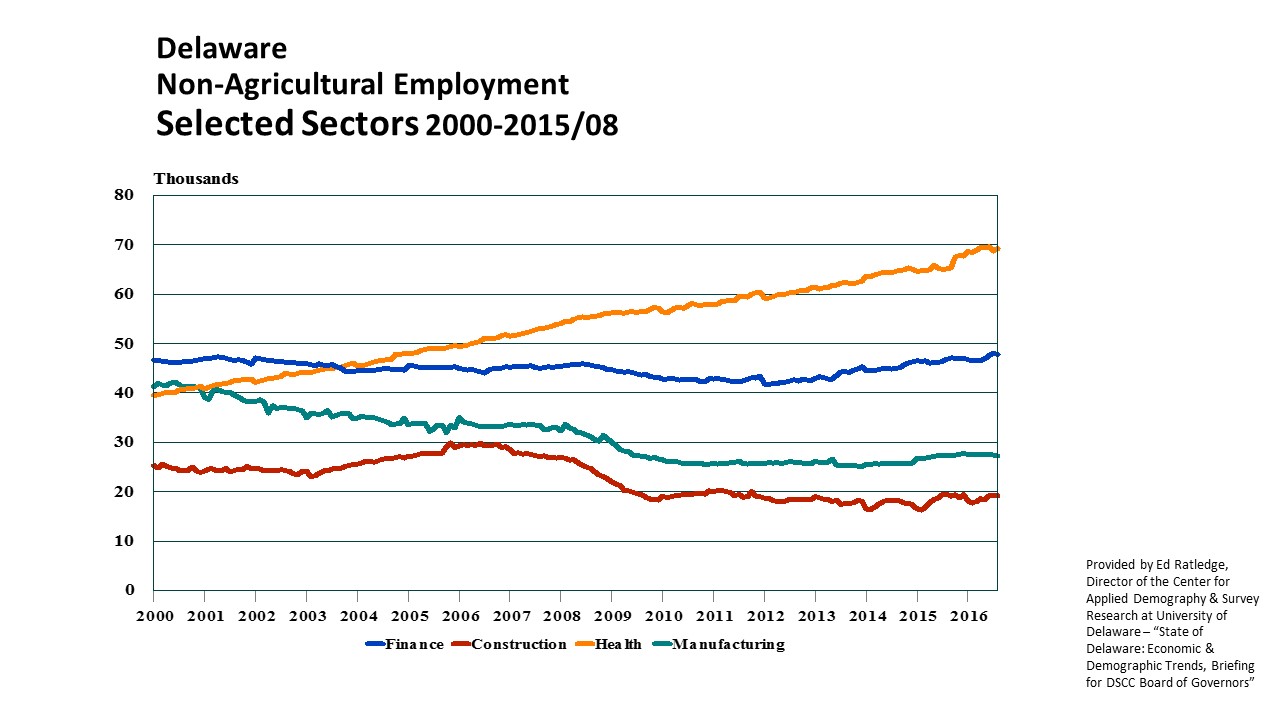
 RSS Feed
RSS Feed